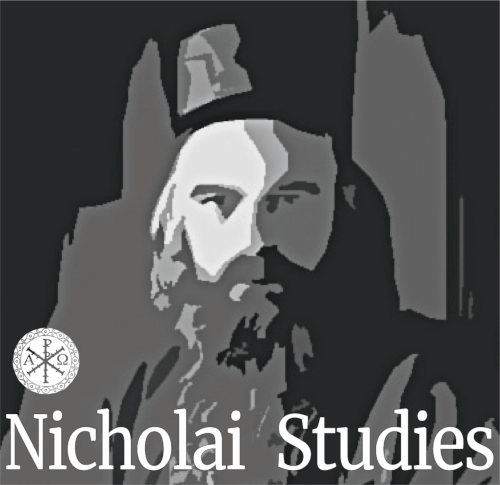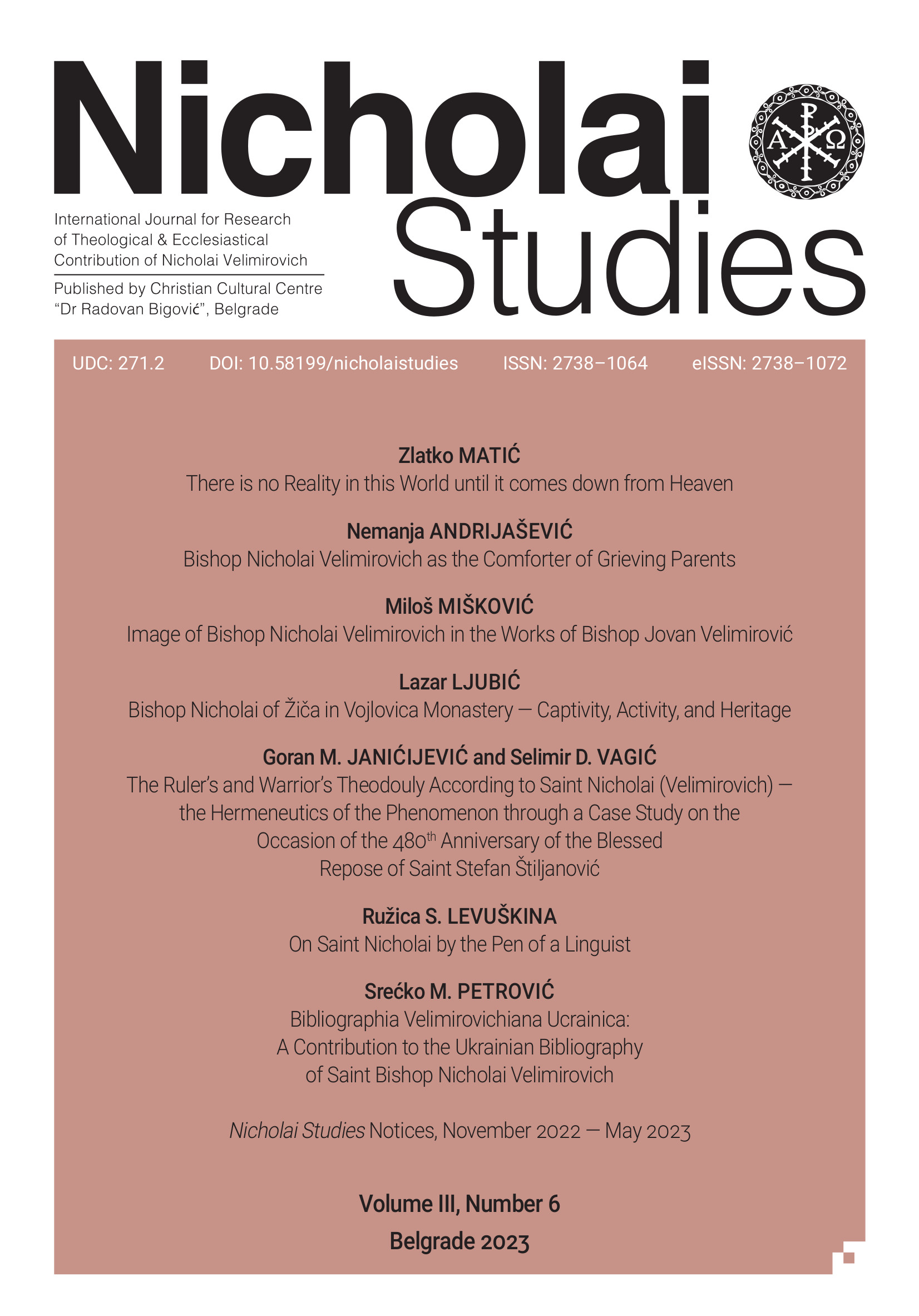From the perspective of the concept of theodouly, established in the work Theodule, especially in the chapter „The Serbian People as a Theodule“ (lit. The Serbian Nation as a Servant of God) of Saint Bishop Nicholai Velimirovich, the paper examines the life, work, and achievements of Saint Stefan Štiljanović. Although it is not explicitly mentioned in Nicholai’s text, in which the author reminds us of the pious rulers of Serbia, Štiljanović’s character and legacy correspond in many ways to the descriptions from the aforementioned work. This established the paradigmatic nature of Nicholai’s instructions on the character of Serbian rulers according to the criteria of serving God, caring for the family, enduring suffering, and endowment.
Confirmations of Stephen’s theodouly are found in the historical and liturgical writings in which it appears. Comparing pious Christian rulers with Old Testament patriarchs, in Stephen’s case — Joseph, represents a widespread archetype of Christian culture, noticeable both in early Christian painting and in the mentioned work of Nicholai as well as in the Service to Stefan Štiljanović. The credulous Prince Stefan also fits into Nicholai’s thesis that the battle on the Kosovo field, in fact, never ended, as well as into his epic contextualization of the Serbian defenders of Christian faith, freedom, and fatherhood. This is exactly what inspired Serbian defenders and officers from his time to the present day and led them to „theodoulian“ swear over the relics of Saint Stefan Štiljanović and ask for his blessing and intercession before God. The representatives of the army still maintain this custom through their own representative — Saint Stefan Štiljanović, in this way, they come closer to the ideal of theodouly and the Saints of Heavenly Serbia.




